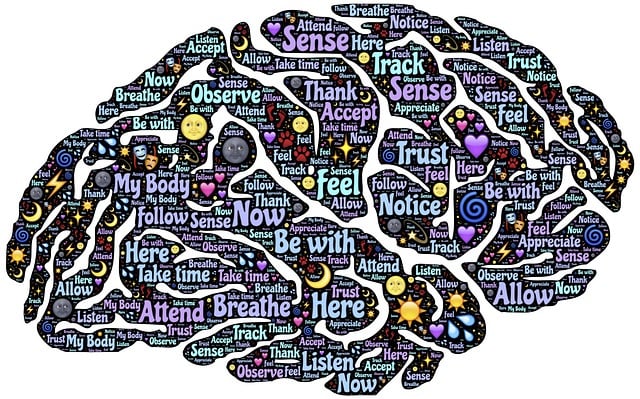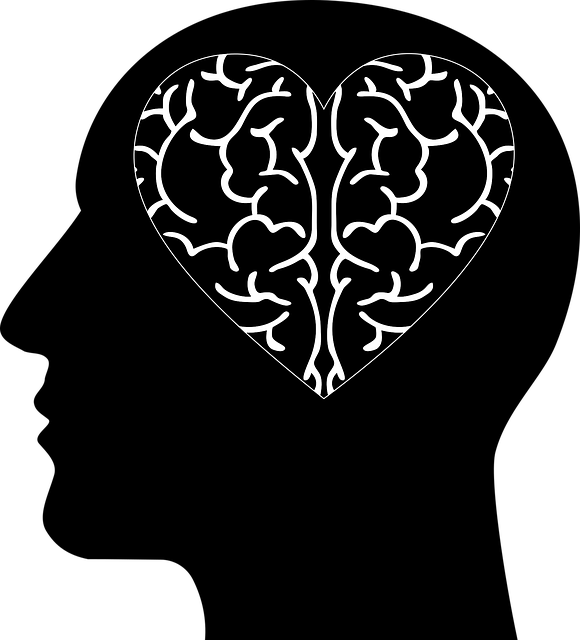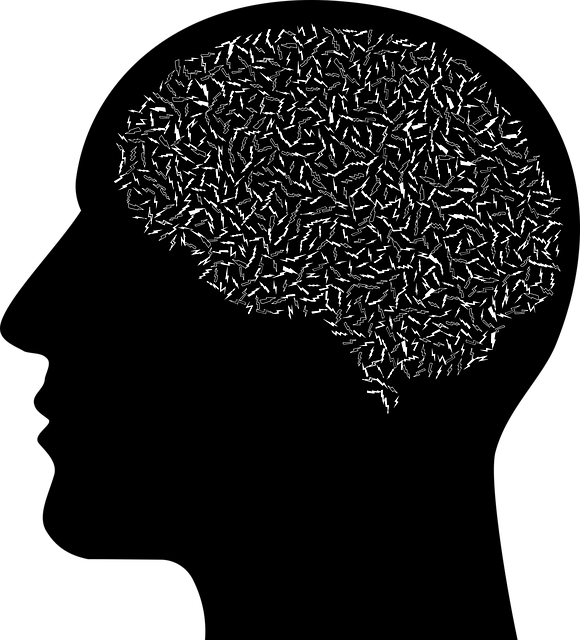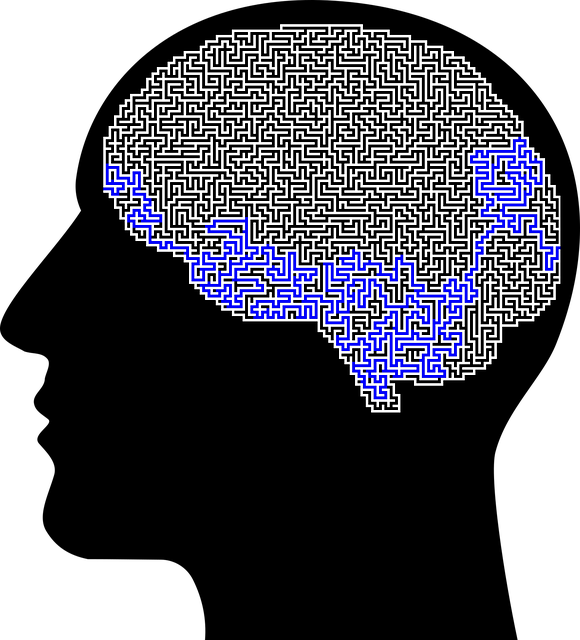Louisville Divorce Therapy employs the RFM framework (Resilience, Flexibility, Mastery) to empower individuals facing divorce and associated traumas. By integrating cognitive behavioral techniques (CBT), self-care practices, and mental wellness journaling, therapists help clients develop adaptive coping mechanisms, process past traumas, and build long-term resilience. This holistic approach, backed by evidence-based practices and tailored to individual needs, measures success through improved stress management, emotional regulation, and enhanced mental health awareness, fostering a healthier, more resilient community.
Louisville Divorce Therapy offers a unique approach to healing through Resilient Factors Modeling (RFM), a framework designed to strengthen individuals’ resilience during challenging transitions. This article explores how RFM addresses trauma’s profound impact on those seeking divorce support, tailoring exercises to meet diverse needs. We delve into cognitive-behavioral techniques integrated into therapy sessions and the measurement of RFM’s success in enhancing clients’ ability to navigate life’s storms. By understanding RFM, we can foster adaptability and resilience in individuals navigating divorce.
- Understanding RFM: A Framework for Resilience in Louisville Divorce Therapy
- The Impact of Trauma and Its Effect on Individuals Seeking Divorce Support
- Designing Customized Resilience-Building Exercises for Unique Client Needs
- Incorporating Cognitive Behavioral Techniques into Louisville Divorce Therapy Sessions
- Measuring Success: Evaluating the Effectiveness of RFM in Enhancing Client Resilience
Understanding RFM: A Framework for Resilience in Louisville Divorce Therapy

In Louisville Divorce Therapy, the RFM (Resilience, Flexibility, and Mastery) framework serves as a robust guide for fostering mental resilience in individuals navigating complex life transitions, such as divorce. This therapeutic approach recognizes that building resilience is a multifaceted process that goes beyond mere coping mechanisms. By focusing on these three core dimensions, therapists can empower clients to not just survive but thrive amidst challenges. Resilience, understood as the ability to adapt and bounce back from adversity, forms the bedrock of RFM. Encouraging individuals to reframe setbacks as opportunities for growth cultivates a mindset that promotes mental wellness.
The integration of RFM principles in Louisville Divorce Therapy is particularly relevant in light of Mental Health Policy Analysis and Advocacy efforts, which underscore the importance of accessible and effective therapeutic interventions. Moreover, this framework complements the mission of Mental Wellness Podcast Series Production by offering practical strategies for enhancing mental resilience through engaging content that resonates with individuals facing life changes. Preventing depression becomes a collective endeavor when individuals are equipped with tools to navigate emotional challenges, ensuring they can maintain their mental health and overall well-being even during tumultuous periods like divorce.
The Impact of Trauma and Its Effect on Individuals Seeking Divorce Support

Trauma can significantly impact individuals seeking divorce support, often exacerbating emotional distress and complicating the healing process. Past traumatic experiences, whether from childhood or recent events, can manifest as coping mechanisms that, while initially helpful, may become maladaptive in the face of life changes like divorce. For instance, some people might turn to unhealthy behaviors such as substance abuse or avoidance strategies like numbing themselves emotionally. Louisville Divorce Therapy offers specialized approaches tailored to address these complex issues.
Integrating exercises focused on resilience building and mental wellness journaling can be transformative for individuals navigating divorce. Healthcare providers play a crucial role in identifying trauma through comprehensive risk assessments for mental health professionals. By incorporating cultural competency training into their practices, they can ensure their support is sensitive to diverse experiences and needs. This holistic approach, combining Louisville Divorce Therapy with evidence-based exercises, empowers individuals to process trauma, build resilience, and move forward with greater emotional well-being.
Designing Customized Resilience-Building Exercises for Unique Client Needs

When it comes to designing resilience-building exercises, there’s no one-size-fits-all approach—especially in the context of Louisville divorce therapy where individuals and families face unique challenges. A tailored program that addresses specific needs is crucial for effective outcomes. At Louisville Divorce Therapy, we recognize that every client has distinct circumstances, including their coping mechanisms, support systems, and stress triggers. Therefore, our therapists work closely with clients to create personalized exercises aimed at enhancing resilience.
This customization involves assessing the individual’s mental health history, current stressors, and goals for therapy. For instance, self-care practices might be a significant focus for one client recovering from burnout prevention strategies for healthcare providers, while another may need intensive emotional regulation techniques. We also integrate elements from Mental Health Education Programs Design to empower clients with knowledge and skills to navigate life’s challenges. These exercises are not just about surviving difficult situations but thriving amidst them, fostering the strength and adaptability needed to persevere.
Incorporating Cognitive Behavioral Techniques into Louisville Divorce Therapy Sessions

Incorporating Cognitive Behavioral Techniques (CBT) into Louisville Divorce Therapy sessions offers a powerful approach to enhancing resilience and coping mechanisms for individuals navigating the complexities of separation and divorce. CBT is a well-established therapeutic method that focuses on identifying and changing negative thought patterns and behaviors, ultimately improving one’s emotional well-being. By integrating these techniques into the Louisville Divorce Therapy framework, therapists can provide clients with practical tools to manage stress, anxiety, and depression commonly associated with such life transitions.
This strategy not only supports individuals in processing their emotions during the divorce process but also empowers them to develop effective coping strategies. Through structured exercises, clients learn to challenge distorted thinking, replace negative self-talk with more realistic and positive affirmations, and adopt healthier behaviors. As a result, they can enhance their ability to adapt and build resilience, which is crucial for managing the emotional challenges that often arise in post-divorce life. Moreover, combining CBT with Louisville Divorce Therapy sessions can contribute to public awareness campaigns development by promoting self-care routine development for better mental health among individuals facing divorce.
Measuring Success: Evaluating the Effectiveness of RFM in Enhancing Client Resilience

Measuring success is an integral part of any therapeutic journey, and when it comes to RFM (Resilience, Flexibility, and Mastery) exercises in Louisville Divorce Therapy, evaluating its effectiveness is crucial for enhancing client resilience. The goal is not merely to introduce new coping mechanisms but to ensure they are impactful and sustainable. By assessing the progress and well-being of clients post-therapy, practitioners can validate the success of RFM interventions. This evaluation process involves tracking improvements in stress management, emotional regulation, and overall mental health awareness.
One way to gauge the impact is by measuring anxiety relief and burnout prevention among participants. If clients report reduced levels of anxiety and increased resilience in handling life’s challenges, it indicates that the RFM exercises are effective in building long-lasting mental fortitude. This data can provide valuable insights for therapists, helping them refine their approach to cater better to individual needs. Thus, through rigorous evaluation, Louisville Divorce Therapy can ensure its clients not only survive but thrive in the face of life’s transitions and challenges, fostering a healthier and more resilient community.
Louisville divorce therapy benefits greatly from incorporating Resilient Factor Model (RFM) exercises, which tailor support to clients’ unique needs. By addressing the impact of trauma and using cognitive-behavioral techniques, therapists can enhance resilience effectively. Customized exercises that focus on building mental fortitude prove invaluable in navigating the complexities of divorce. Measuring success through evaluations ensures the RFM approach remains adaptable and powerful, fostering greater emotional well-being among individuals seeking Louisville divorce therapy support.














